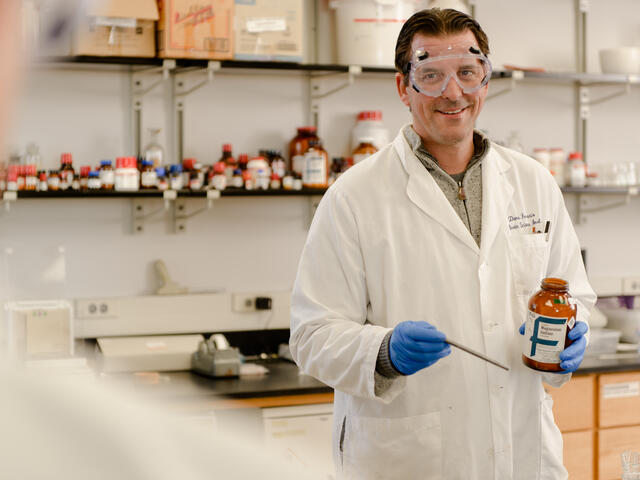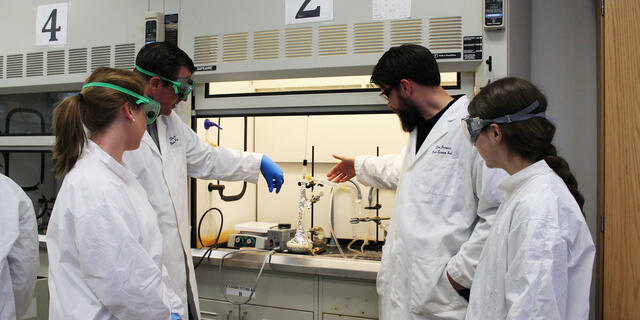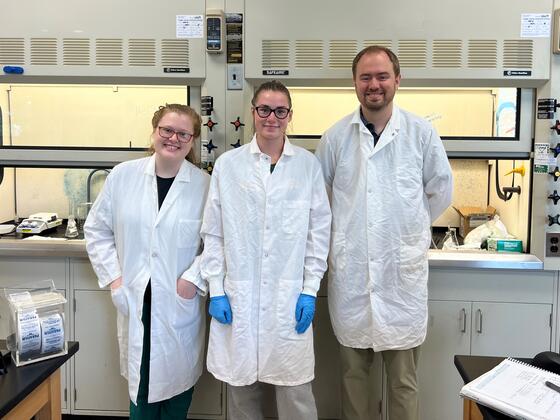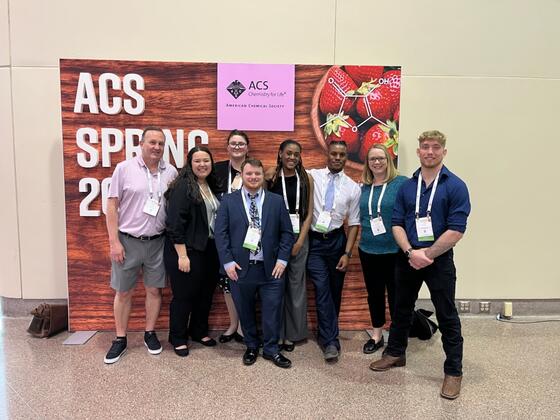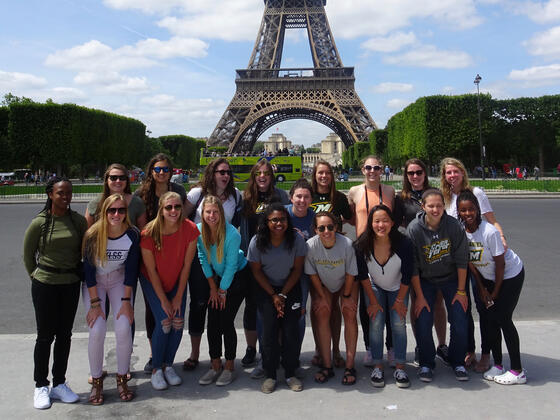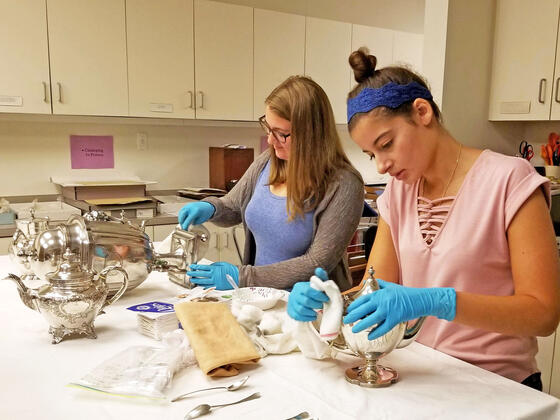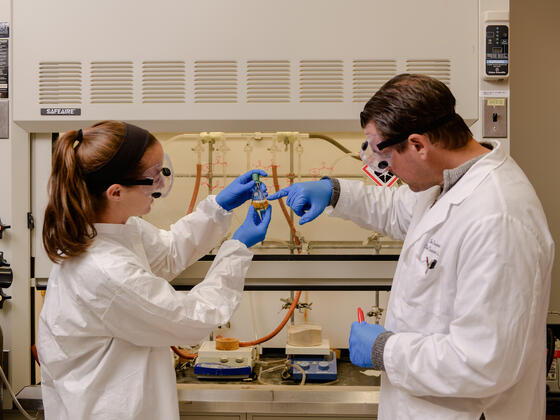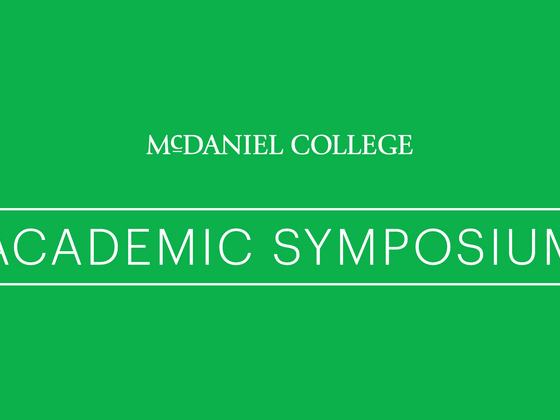Chemistry
Chemistry is the study of… everything. Well, not everything, exactly, but the substances that make up everything—the parts and particles of all the matter that make up what we know as the world, including building materials, clothes, drugs, food, and a million other things.
The McDaniel Commitment in Action
What can you do with a Chemistry major?
Recent graduates have also gained acceptance in Chemistry PhD programs at several of the top tier graduate schools including:
- University of California, Davis
- University of California, Santa Barbara
- Northeastern University
- University of Maryland
Chemistry Major Salary and Job Outlook
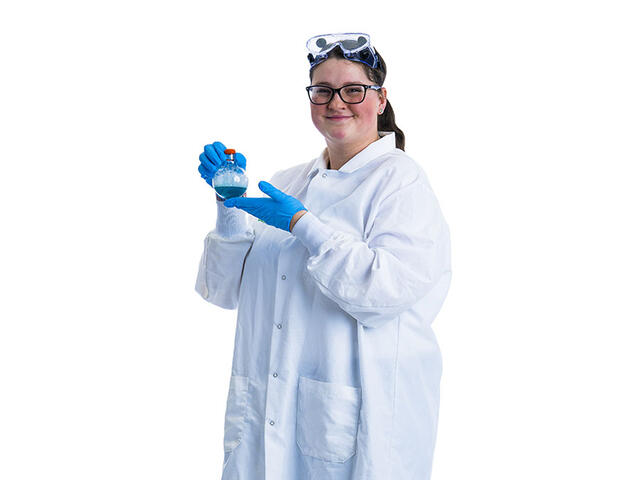
Meet an Alum Class of 2024: Lauren Logue Hands-On Lab Experiences
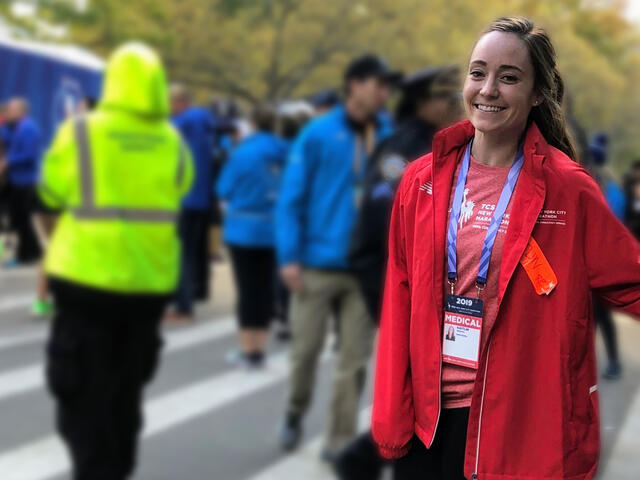
Alumni Spotlight Dr. Kaitlin Mahoney ’13
Dr. Kaitlin Mahoney ’13 is in her element. The Exercise Chemistry graduate is now in training as Primary Care Sports Medicine Physician with the University of Tennessee. She sees patients at a family medicine clinic and at the UT student health center. She is learning from neurosurgeons, orthopedic surgeons, doctors of physical therapy and athletic trainers and is gaining experience as a team physician with the Knoxville Ice Bears. Becoming a physician and working with athletes of all kinds has been on Mahoney’s radar for as long as she can remember.
